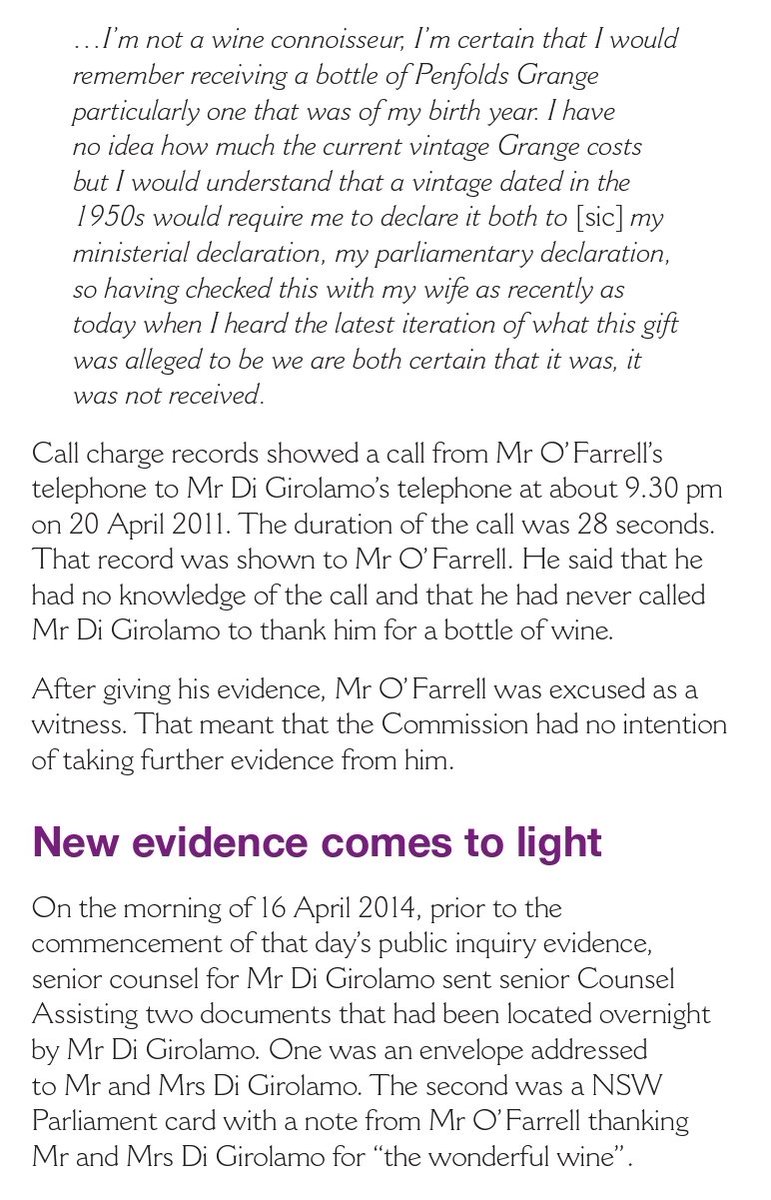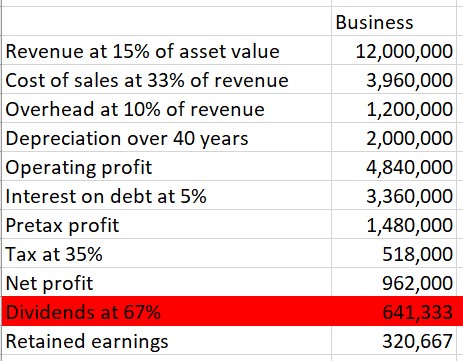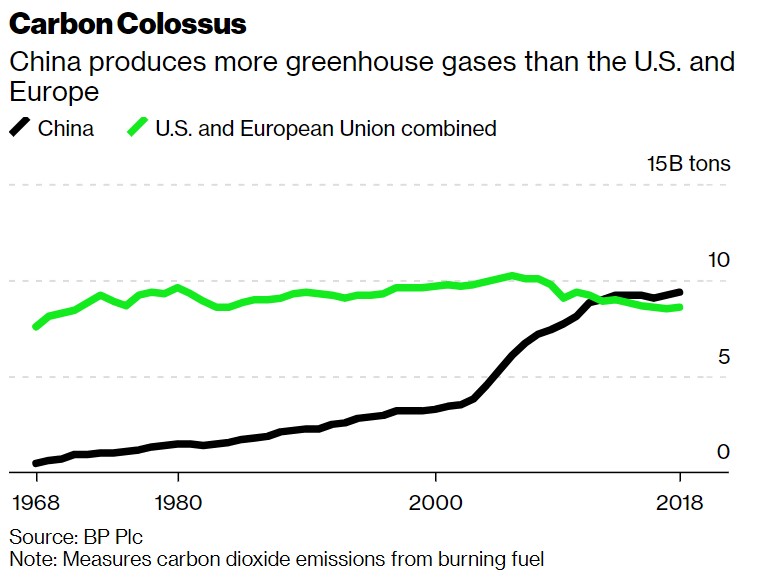
How is it that New Zealand is pulling off an election amid pandemic with aplomb, while the U.S. is on the brink of chaos?
I can see a few simple fixes and a deep fundamental problem:
bloomberg.com/opinion/articl…
I can see a few simple fixes and a deep fundamental problem:
bloomberg.com/opinion/articl…
One issue is that America, paradoxically, has *too much democracy*.
The constitution puts states in charge of running elections, and almost everywhere that means elected officials are the umpires of the electoral process.
They have an obvious conflict of interest.
The constitution puts states in charge of running elections, and almost everywhere that means elected officials are the umpires of the electoral process.
They have an obvious conflict of interest.
In New Zealand, as with most democracies other than the U.S., elections are run by an independent national commission controlled by independent, non-partisan bureaucrats.
That's a good thing! Take electoral boundary decisions. In America these are a rightly controversial abuse of process that results in situations like North Carolina, where Republicans have 10 of 13 districts despite barely winning 50% of the vote in 2018.
slate.com/news-and-polit…
slate.com/news-and-polit…
In other countries they barely impact on the public consciousness, even in situations like Australia's 2019 election where boundary reviews notionally the government to lose its majority of the parliament before a vote was cast.
They're uncontroversial because they're fair!
They're uncontroversial because they're fair!
The U.S. does have independent national bodies, like the Commission on Presidential Debates, which seem to be trusted to carry out election-related business in an even-handed manner.
It should try doing something similar with *really* important electoral business!
It should try doing something similar with *really* important electoral business!
As far as I can see, states can delegate their constitutional power to run elections wherever they want.
In practice they delegate it down to the more than 10,000 municipalities, making things even more confusing.
But they could delegate *up* to a national elections commission.
In practice they delegate it down to the more than 10,000 municipalities, making things even more confusing.
But they could delegate *up* to a national elections commission.
I tend to think these sorts of changes wouldn't be enough, though. And I think that's where the deep fundamental problem comes in.
I sometimes hear people talk about New Zealand as a "young democracy" but if you think about that term as meaning "universal suffrage" it's really the oldest democracy on the planet.
Elections started in the 1850s, Maori got the vote in 1867, and women in 1893.
Elections started in the 1850s, Maori got the vote in 1867, and women in 1893.
The U.S. is the real young democracy here. After a brief dawn during the post-Civil War Reconstruction era, universal suffrage only really started when the 1965 Voting Rights Act cleared out Jim Crow policies from the Southern states.
Half of voters in the 2018 midterms were born before the Voting Rights Act was passed and the Supreme Court has been gutting it since 2013.
The idea that suffrage can be denied to skew electoral outcomes is a longstanding U.S. tradition that hasn't yet been stamped out.
The idea that suffrage can be denied to skew electoral outcomes is a longstanding U.S. tradition that hasn't yet been stamped out.
Ultimately I think the situation in America doesn't get better until all political actors accept that the right to political representation is as fundamental as the Declaration of Independence and Constitution say it is. (ends)
• • •
Missing some Tweet in this thread? You can try to
force a refresh






